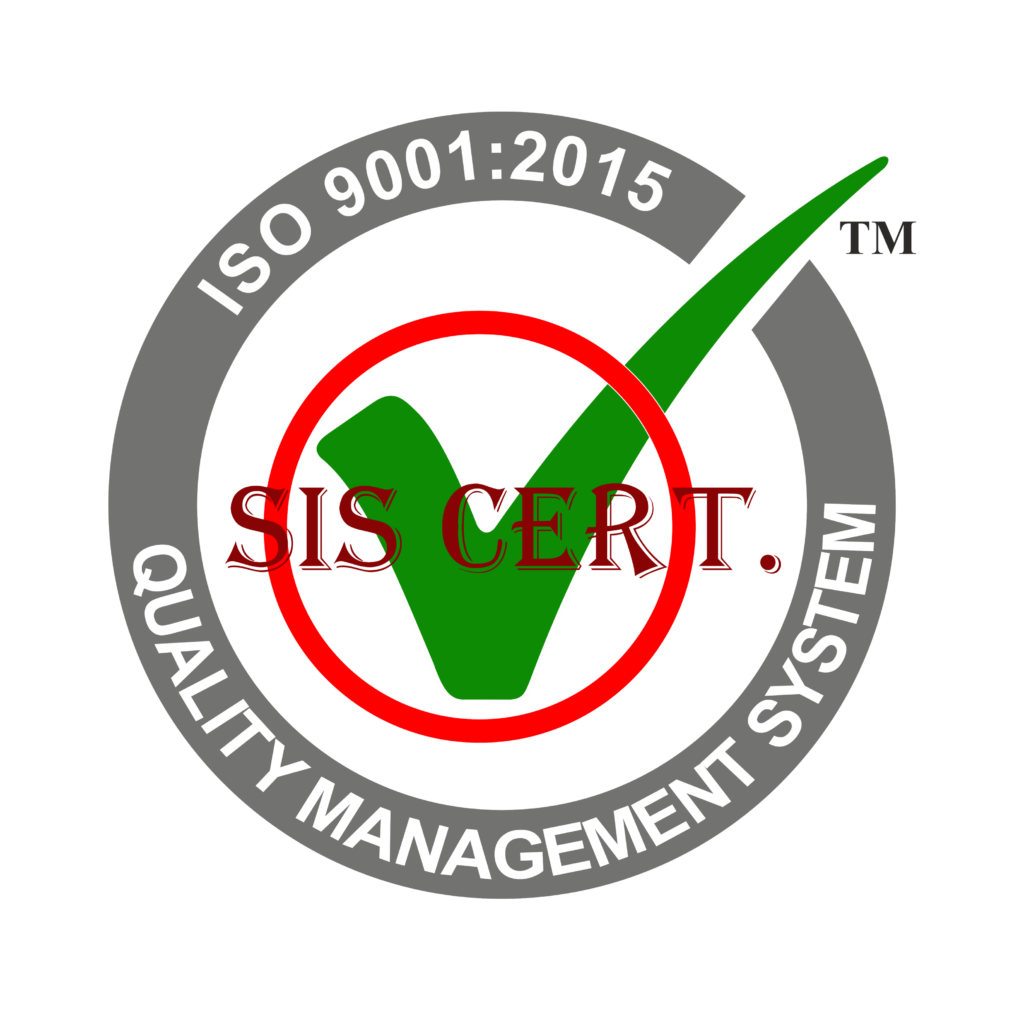The steel production industry is constantly looking for innovative ways to create sustainable technologies and products. Recent advancements in automation, heat treatment, quality control, steel alloys, and recycling processes have revolutionized the way the industry operates.
In this article, we take a look at these ongoing technological advancements and highlight the most enduring innovations that are helping to shape the future of steel production.
Key Takeaways
- Automation and robotics are streamlining processes and optimizing resource utilization in steel production, leading to reduced costs, improved safety, and increased efficiency.
- Heat treatment plays a critical role in stainless steel production by improving mechanical properties and surface finish, enhancing durability and reliability of products, and contributing to sustainable technology.
- Quality control in steel production is being improved through the use of technology such as digital sensors, machine vision systems, and automated data collection, reducing human errors, enhancing accuracy, and providing actionable insights.
- The development of new and improved steel alloys is enabling better corrosion resistance, increased toughness, and cost-effectiveness of production, allowing steel to be used in a wider range of applications while reducing environmental impact and remaining competitive.
Automation & Robotics
With the introduction of automation and robotics, the steel production industry has seen a major shift in its approach to sustainable manufacturing. By streamlining processes and optimizing resource utilization, these technologies are helping to reduce costs, improve safety, and increase efficiency.
Automation and robotics are helping to reduce human error and optimize workflows, allowing for greater precision in the production process. Additionally, they can help to improve quality control and reduce waste. By using advanced sensors and data analysis, companies can monitor production processes and quickly identify any potential issues. This can lead to faster and more accurate decision making, resulting in higher-quality products and increased profits.
Automation and robotics are essential components of sustainable technologies in the stainless steel industry. They are helping to reduce costs, improve safety, and increase efficiency while also reducing human error and waste.
Heat Treatment
Building on the success of automation and robotics in the steel production industry, heat treatment is yet another sustainable technology that has proven its enduring value in the stainless steel industry.
Heat treatment is an essential part of stainless steel production, which involves the use of controlled heating and cooling of materials to improve their properties and performance. Heat treatment can improve the mechanical properties of steel, such as its strength, ductility, and wear resistance, as well as improving its surface finish and corrosion resistance.
Heat treatment helps to create a more durable and reliable product, which is essential for any innovation in the stainless steel industry. It is clear that heat treatment plays a critical role in the production of stainless steel and its continuing success as a sustainable technology.
Quality Control
Refining quality control procedures is an essential part of sustaining success in the stainless steel industry. The right quality control system can ensure that a product meets the standards that the manufacturer and customer desire.
Quality control can involve several steps, such as initial inspections, random sampling, and product testing. Technology has the potential to significantly improve the quality control process, with innovations like digital sensors, machine vision systems, and automated data collection. These tools help to reduce human errors, enhance accuracy, and provide actionable insights that improve the production process.
Quality control is a cornerstone of the modern stainless steel industry, and the right technology can help to ensure the highest standards are met.
Steel Alloys
Over the years, technology has been instrumental in the development of new and improved steel alloys. Steel alloys are a combination of two or more metals, used for a variety of applications. New alloys are being developed to provide better corrosion resistance, improved strength, and increased toughness.
Steel alloys are also being developed to optimize the cost-effectiveness of production. Innovations in steel alloys have enabled the steel production industry to remain competitive while reducing its environmental impact. Additionally, new steel alloys have made it possible for steel to be used in a wider range of applications, including medical implant technology.
As technology continues to evolve, so too will the steel production industry, with new and improved steel alloys leading the way.
Recycling Processes
Through the introduction of innovative recycling processes, the steel production industry has been able to reduce its environmental impact while remaining cost-effective. By reusing scrap steel, byproducts of the production process, energy costs are reduced and fewer resources are used. Additionally, the process of recycling steel helps to reduce emissions of hazardous materials and CO2, leading to a healthier environment.
New technologies are being developed to further streamline the recycling process. For example, advanced sorting systems can identify and separate scrap steel from other materials, making the process easier and more efficient. Additionally, new techniques are being explored to increase the amount of steel that can be recycled from scrap.
Innovations in the steel production industry are making the recycling process more efficient, cost-effective, and sustainable. By developing and utilizing innovative technologies, the steel production industry can continue to reduce its environmental impact while remaining a vital part of the global economy.
Frequently Asked Questions
What Are the Benefits of Using Sustainable Technologies in the Stainless Steel Industry?
Using sustainable technologies in the stainless steel industry offers many benefits, including improved environmental sustainability, increased efficiency, and reduced costs. These advances can bring long-term success to the industry.
What Are the Most Common Steel Alloys Used in the Stainless Steel Industry?
The most common steel alloys used in the stainless steel industry are austenitic, ferritic, martensitic, duplex, and precipitation-hardening alloys. These are used to create products with superior properties, such as corrosion resistance and strength.
What Are the Most Efficient Recycling Processes for Stainless Steel?
Recycling stainless steel is highly efficient, with processes such as melting and re-melting, purification, and alloying being used to optimize the material’s lifespan. This ensures its sustainable use and reduces waste.
How Can Automation and Robotics Be Used to Improve the Efficiency of Steel Production?
Automation and robotics can revolutionize steel production, increasing efficiency and minimizing operational costs. New technologies can enable faster and more precise production cycles, improving product quality and accuracy.
How Can Quality Control Measures Be Implemented to Ensure the Highest Quality of Steel Production?
Quality control measures such as regular inspections, testing, and documentation can be implemented to ensure the highest quality of steel production. Modern technologies can also be used to monitor and maintain quality in the manufacturing process.
Conclusion
Steel production is a highly competitive industry, and those looking to stay competitive must embrace new and innovative technologies. Automation and robotics, heat treatment, and improved quality control have all enabled steel producers to reduce costs and increase production speed.
Additionally, the development of new steel alloys and the increased use of recycling processes have enabled the industry to adopt a more sustainable approach.
It is clear that technology has played a major role in the steel production industry.


